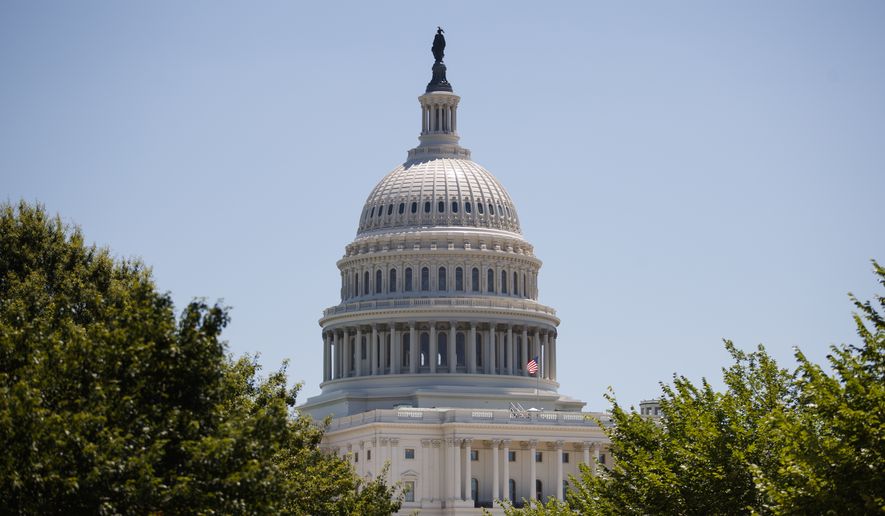House Democrats’ $1.9 trillion coronavirus relief bill would trigger deep cuts to programs such as Medicare unless Congress works around a 2010 law intended to curb federal deficits, the Congressional Budget Office said Thursday.
Lawmakers had been expecting such a report on the cuts, which are unlikely to take effect.
Under a 2010 law, the White House budget office has to identify “sequestration” cuts to offset projected increases in the federal deficit from new legislation.
CBO projected that the Office of Management and Budget (OMB) would have to issue a directive to cut mandatory spending by $381 billion in fiscal 2022, absent other offsets or waivers.
That translates to $36 billion in cuts to Medicare. The 2010 law limits the reductions in Medicare spending and exempts a range of other programs, including Social Security.
Because so many programs are exempted from the cuts, including Medicaid and food stamps, OMB wouldn’t even be able to fully implement them, CBO Director Phillip Swagel said in a letter to House Minority Leader Kevin McCarthy of California.
Lawmakers can waive the Statutory Pay-As-You-Go Act (PAYGO), though that takes 60 votes in what is currently a 50-50 Senate.
Congress added a PAYGO waiver to a must-pass spending bill in 2017 when the Republican tax-cut law would have otherwise triggered the cuts.
Lawmakers can also get around PAYGO by designating a bill as emergency spending, which was the case for multiple rounds of coronavirus relief last year.
Democrats predicted this week that they will be able to work around it.
“This bill does not cut Medicare,” said Rep. Dan Kildee, Michigan Democrat. “We fully expect the bill to be exempted from PAYGO.”
Rep. Jason Smith of Missouri, the top Republican on the House Budget Committee, said Democrats are making their own bed by cutting the GOP out of the negotiating process.
“It will be you taking away from those seniors and making their lives harder and the American people will see it,” Mr. Smith said during debate over the legislation in committee. “And that’s why we’ll have a Republican majority in two years.”
• David Sherfinski can be reached at dsherfinski@washingtontimes.com.




Please read our comment policy before commenting.